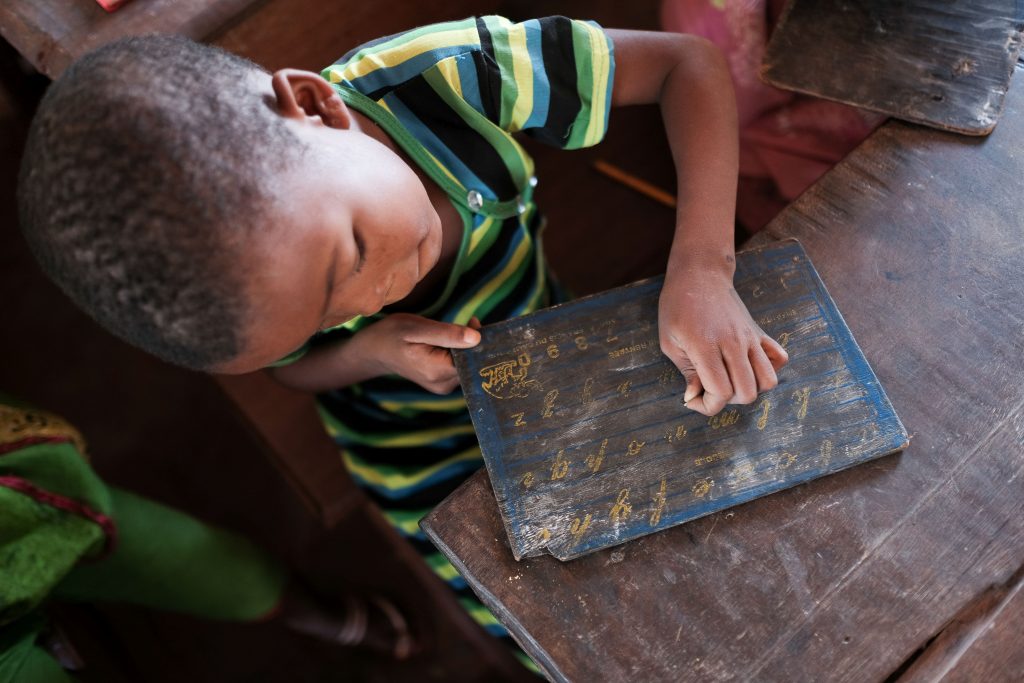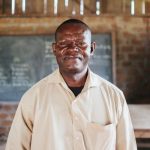
West and Central Africa
In West and Central Africa the volume of FCA’s staff was 68 and the number of partners 16.

In West and Central Africa the volume of FCA’s staff was 68 and the number of partners 16.

“School, at its best, can act as force for social unity. The most important things that a school can teach are the significance of peace and social belonging.”
Jean Lessene
Head of the Education Sector
Bayanga, CAR
In 2017, Finn Church Aid decided to terminate its work in Sierra Leone and Liberia by the end of the year. In Liberia, FCA local employees established a Liberian NGO to carry on their work. FCA will also continue an EU-funded project in the country to support the legal protection of prisoners until the beginning of 2019.
In LIBERIA, FCA focussed on reducing poverty by offering agricultural training and by developing cultivation methods. Young women in vulnerable situations were also given support to start vocational training.
The corn cultivation project saw the introduction of a business model in which the farmers paid back the financial aid they had received after the harvest. The farmers’ payments made it possible to expand the project.
Women’s groups and traditional leaders organised 12 meetings in which marital and land disputes as well as family violence cases were resolved. Women were encouraged to take part in societal decision-making. The activity attracted many new women’s groups to join in.
FCA in collaboration with local partners improved the legal protection of prisoners by training religious and traditional leaders and actors in the legal system about human rights and by offering legal counsel to vulnerable prisoners, especially women and youth.
In SIERRA LEONE, FCA supported the livelihoods of youth by organising vocational training, especially for those who had previously dropped out of school. We also offered relief to those who had lost their homes in the mudslides in Sierra Leone’s capital city in 2017. Finn Church Aid’s work in Sierra Leone was discontinued at the end of the year.
FCA continued its peace work in the CENTRAL AFRICAN REPUBLIC by training communities in reconciliation skills for conflict situations. The country has been in turmoil since the civil war of 2013. The religious leaders and imams have received training that has reinforced their skills and roles as peace mediators.
School meals have shown to be the most important single factor to keep pupils in school. In collaboration with the World Food Programme, FCA organized school meals for 8,594 pupils. Four schools were able to establish school gardens, which provided ingredients for the lunches of 1,808 pupils.
There is an urgent need for teachers in the country, because the great majority of them fled persecution to neighbouring countries during the civil war. FCA has provided teacher training to parents in local communities to ensure that children have access to the education they deserve.
Parental interest in their children’s schooling is a key factor in a child’s education. FCA has established parents’ associations that not only develop school activities but also improve the livelihood strategies of families. Commitment to children’s education has grown as parents have realized that school activities benefit the entire family. In 2017, a total of 161 parents were involved in starting a small business as part of the activities related to the parents’ associations.
FCA is the only Finnish NGO operating in the Central African Republic.